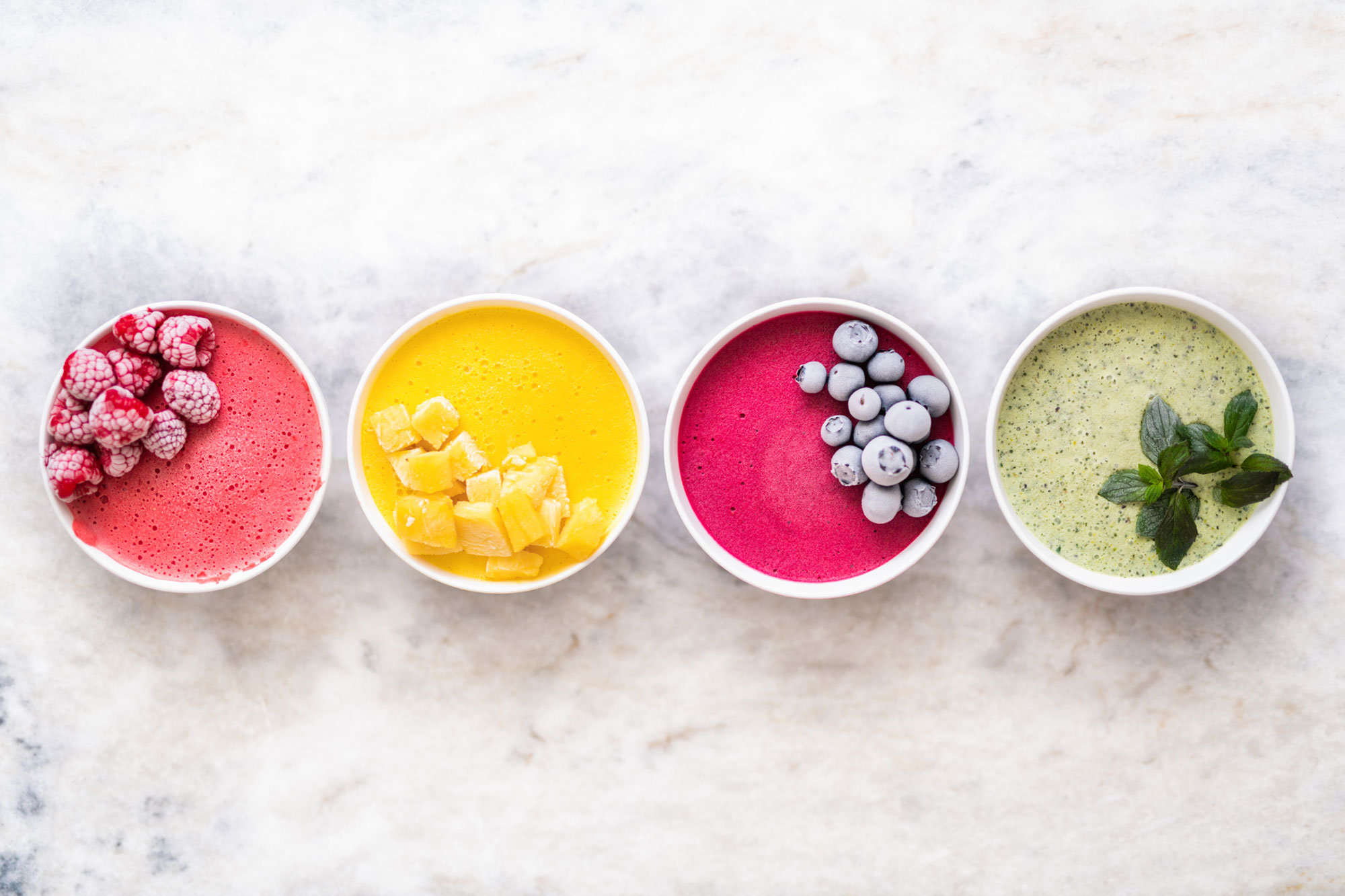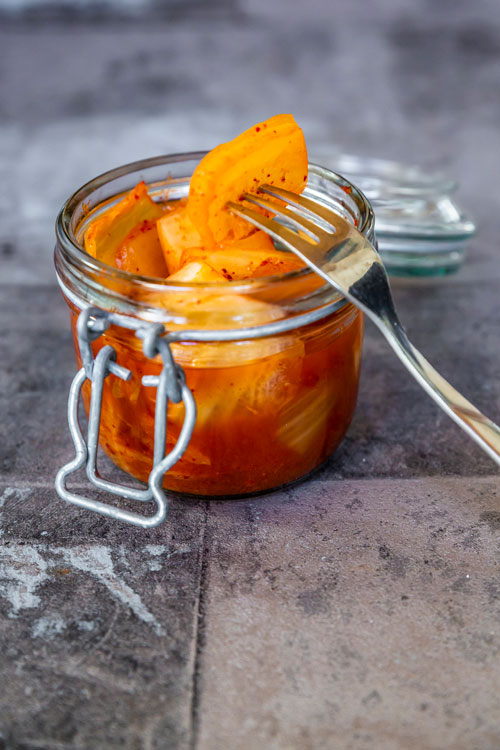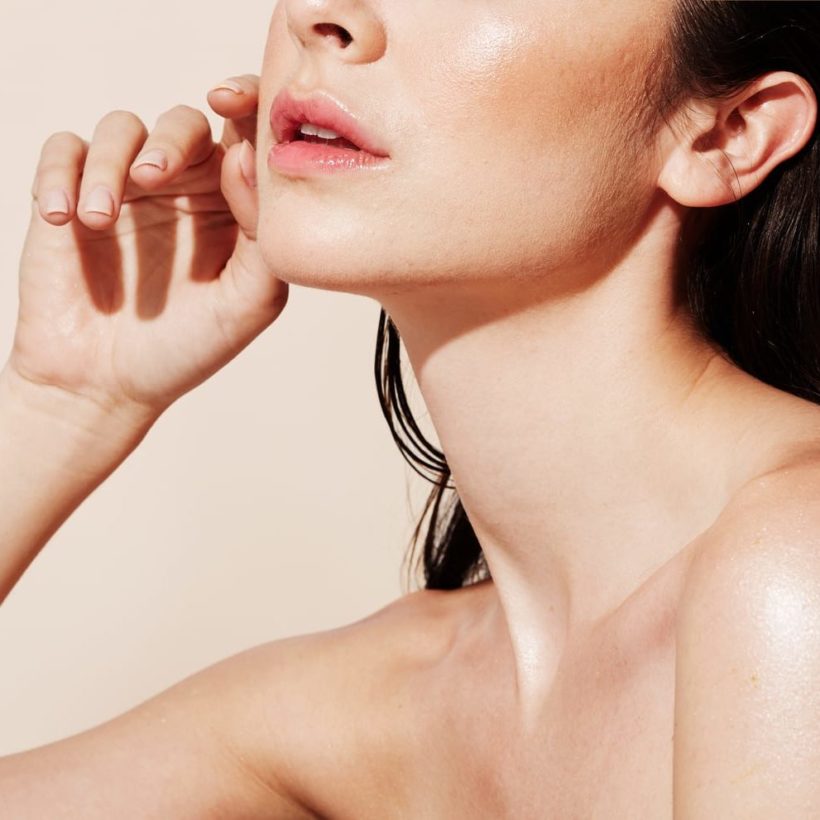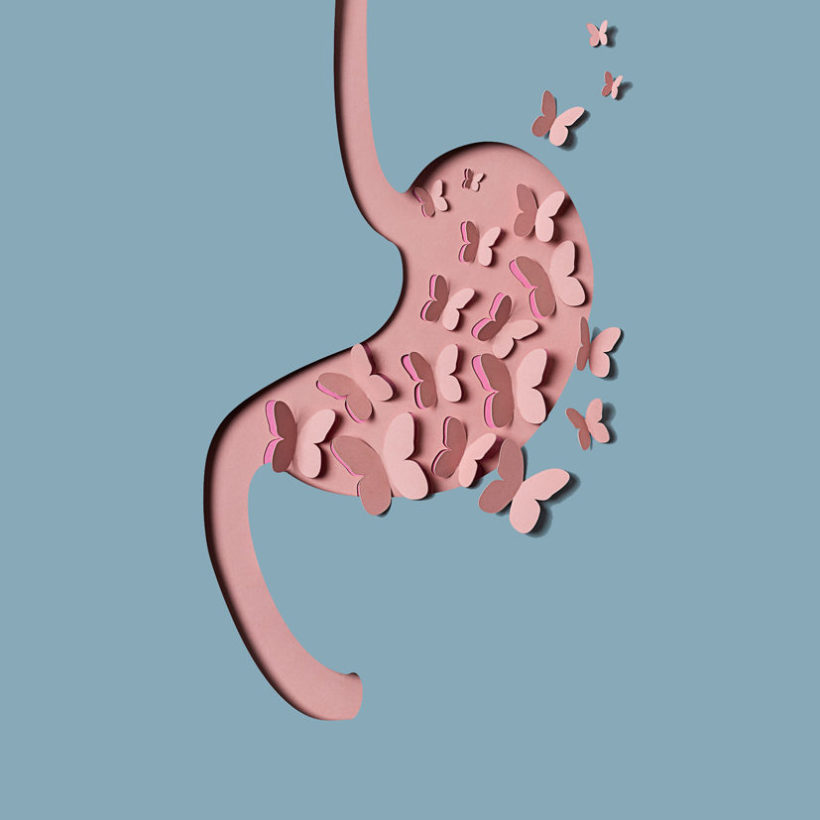When you’re thinking about gut health, you likely already know about prebiotics and probiotics — probiotics being the trillions of healthy bacteria in your stomach’s microbiome and prebiotics being the “fuel” for the probiotics. And now, postbiotics should be on your radar. “Postbiotics are the compounds produced when our healthy gut bacteria digest fiber,” explains Danielle McAvoy, MSPH, RD, a registered dietitian with Strong Home Gym. “Essentially, prebiotics feed probiotics which produce postbiotics,” McAvoy simplifies.

Meet the Experts
Danielle McAvoy, MSPH, RD, is a registered dietitian with Strong Home Gym.
Mary Alice Mina, MD, is a board-certified dermatologist.
Neda Mehr, MD, is a board-certified dermatologist, founder of Pure Dermatology Cosmetic & Hair Center, and creator of clean skincare line, Dermbx.
Postbiotics can include certain nutrients, such as vitamins B and K and amino acids, and a variety of other bioactive compounds. According to Cleveland Clinic, a complete list of the categories of postbiotics include:
- Bacterial lysates
- Cell-free supernatants
- Cell wall fragments
- Enzymes
- Exopolysaccharides
- Lipopolysaccharides
- Other metabolites like vitamins and amino acids
- Short-chain fatty acids
Where can we find postbiotics?
Like probiotics and prebiotics, we can get more postbiotics by eating certain foods. “Most fermented foods are a good source of postbiotics,” explains McAvoy. Some popular options packed with postbiotics include yogurt, kombucha, sauerkraut, sourdough bread, tempeh, miso soup, kimchi, and cottage cheese. If you want to incorporate more postbiotics into your diet, these options can easily be integrated into everyday meals. For instance, switch out your morning bagel with postbiotic-rich yogurt topped with nuts or fruit, or make your lunch sandwich on sourdough in the future instead of whole wheat.

You can also purchase postbiotic supplements, although it is important to remember that postbiotic supplements may be harder to come across than probiotic supplements. This is because it is an emerging area of research, says McAvoy. “We’re just starting to learn about postbiotics, and I would expect to see more supplements and fortified foods in the future,” she adds. You should also always talk with your doctor before taking any supplement to ensure they are the right fit for you.
What are its benefits?
Comparable to both probiotics and prebiotics, postbiotics also have a bevy of benefits that can help us lead healthier lives:
Postbiotics May Help Ease Allergies
If you suffer from sneezing and itchy, swollen eyes in the spring or fall months, you may want to introduce some postbiotics into your daily regimen. For starters, postbiotics can assist in easing allergies, ranging from common seasonal respiratory allergies to food allergies. Postbiotics have been shown to improve immune response, which helps reduce a variety of allergy symptoms, explains McAvoy.
Postbiotics Can Help with Bathroom Issues
If you are someone who has bathroom troubles, then adding postbiotics into your diet may also prove to be beneficial. McAvoy shares that postbiotics can positively affect our digestive system and may help with constipation and diarrhea, as well as other symptoms commonly associated with IBS in adults. For example, in one study, it was found that postbiotics may be more effective than probiotics in helping to treat chronic diarrhea. “[Postbiotics can also help] reduce colic in babies,” adds McAvoy.
Postbiotics Support Better Gut Health
Postbiotics can also improve gut health, allowing us to maintain a healthier gut microbiome. “[Probiotics] promote the growth of the good gut bacteria and slow the growth of harmful bacteria,” mentions McAvoy. According to research, a healthier gut microbiome could lower the risk of chronic diseases, such as inflammatory bowel disease, type 2 diabetes, and cancer.
How do postbiotics affect your skin?
Over recent years probiotics and prebiotics, used both orally and topically, have been shown to have positive effects on the skin. Fortunately, postbiotics may also have a promising role in skin health.
“Postbiotic skincare is composed of the healthy and natural byproducts of fermented skin bacteria,” explains Mary Alice Mina, MD, a board-certified dermatologist. Dr. Mina shares that these products can be placed in skincare products for added benefits. “Scientists are now identifying several byproducts of common bacteria on the skin and attempting to harness their powerful peptides, enzymes, surfactants, and fatty acids. Ideally, when placed on the skin, they should be as effective as having the bacteria produce it in vivo, providing homeostasis to the skin,” she adds.
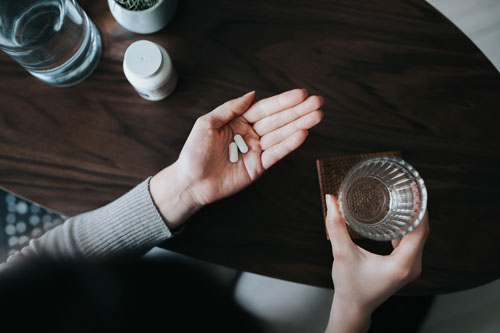
Neda Mehr, MD, board-certified dermatologist, founder of Pure Dermatology Cosmetic & Hair Center, and creator of clean skincare line, Dermbx, points out that postbiotics may have certain benefits when it comes to the skin, too, such as protecting against infection. “[Postbiotics] help our skin act as a barrier and protects us from environmental stressors like UV rays, wound healing, and keeps skin plump and moist,” she adds.
Postbiotics may also be helpful in skin health during the aging process. “Skin bacteria changes as we age, so supplementing with postbiotics may help boost skin health,” McAvoy says. Overall, there is a great interest in postbiotics in skincare, but ultimately more research needs to be done.
